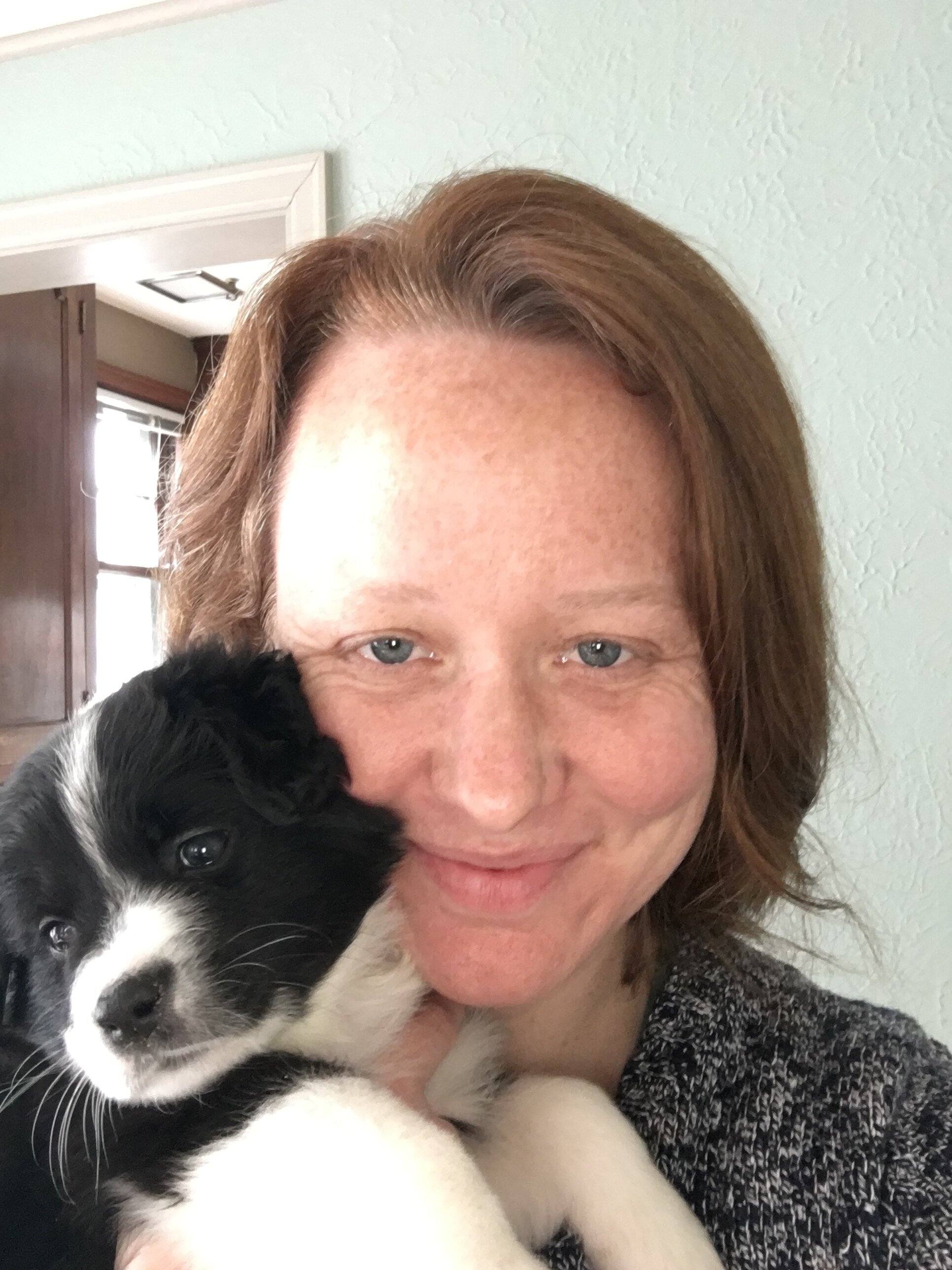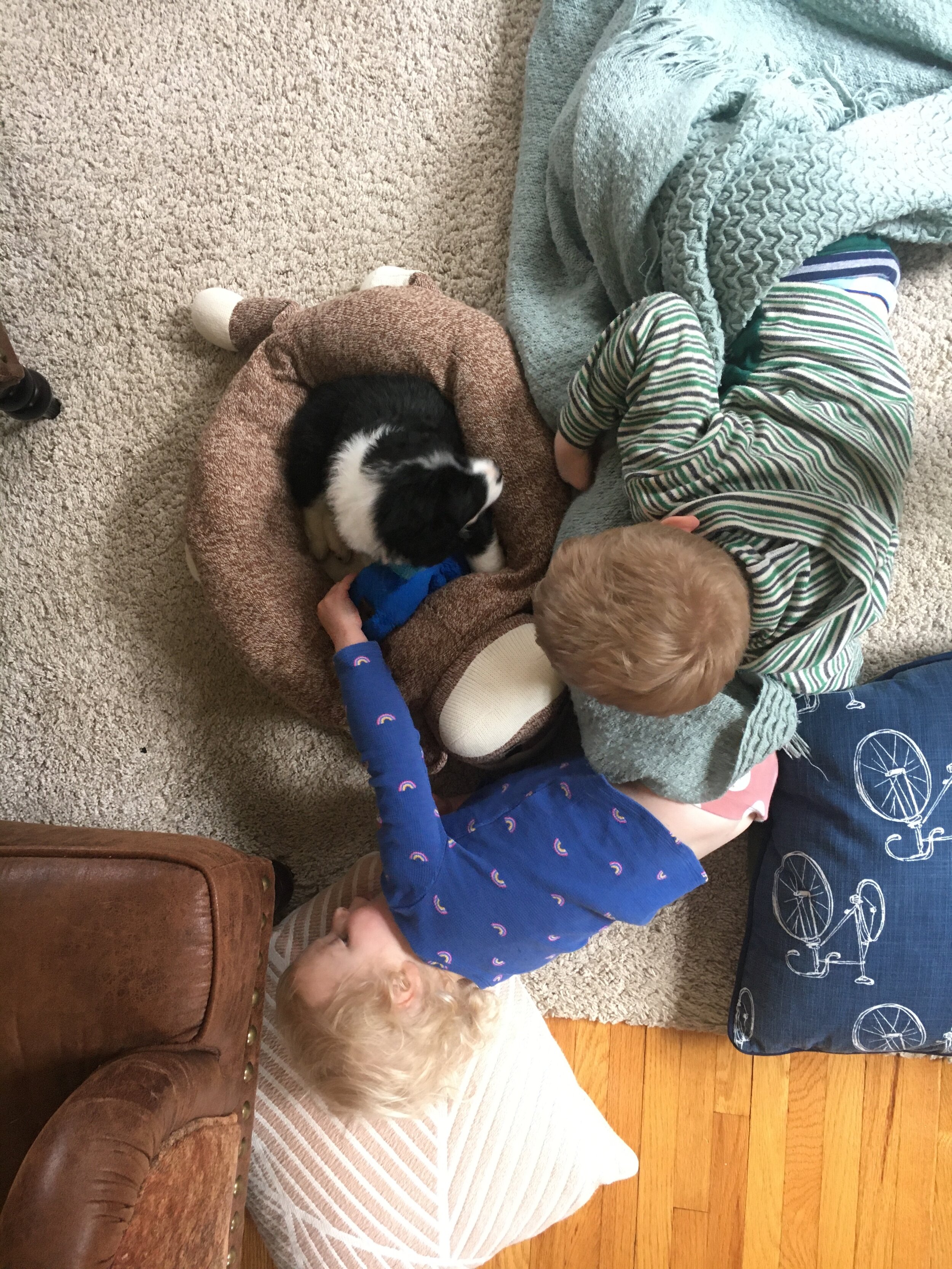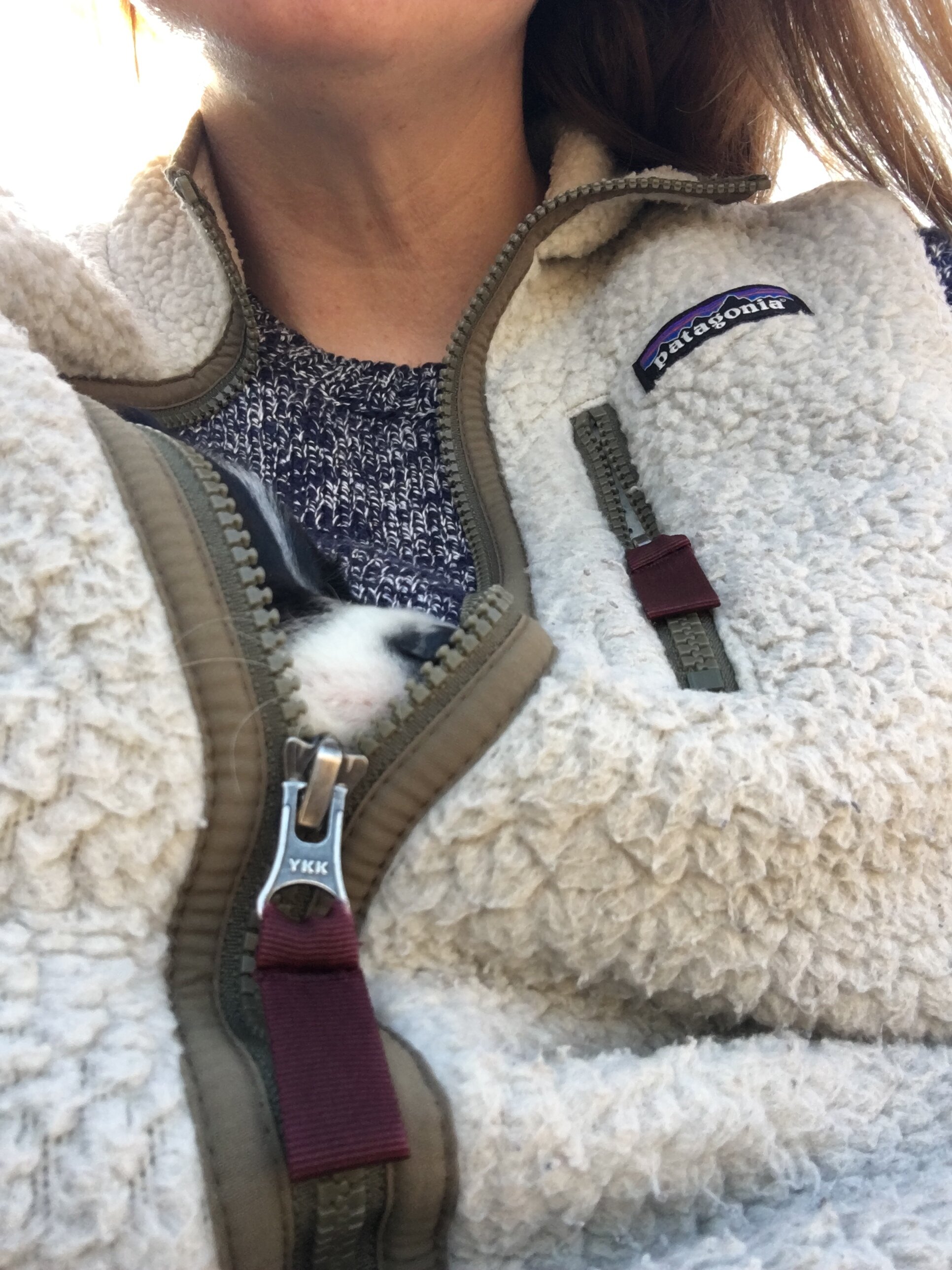Ok, ok I’m a cliche. It’s fine, I’ve come to terms with it. Yes, I got a pandemic puppy. She was supposed to be a foster, but she arrived right as the world closed in on us and now she is staying forever. Her name is Lottie and she is perfect(ly evil) and so sweet(ly destructive). Yes, I am insane. I am stuck inside with my husband and kids and she needs to be potty trained and she follows us around and bites us but it’s ok because she is a). the cutest pup on earth and b). I think that about covers it.
How and what else are we doing? Well, very up and down. There are moments where I truly adore not having to be anywhere or yell at my kids to hurry up and get in the freaking car, and moments where I absolutely cannot imagine continuing to live like this for months on end.
My kids build daily “traps” to try to trap the puppy in (don’t worry—they are highly ineffective), watch too many shows, and stalk the neighbors through the windows. I am living out my dream as a professional baker and farmer (to my dying tomato seedlings), drinking way too much coffee, and having lots of existential crises.
Some days I feel like I find a rhythm and others I feel like I’m drowning in chaos (or maybe I just fell into the puppy trap?) My hope for all of you out there is that you are staying hopeful, readjusting your own expectations on the daily, and giving yourself lots of grace.





